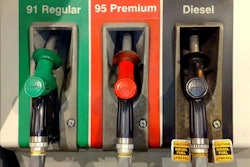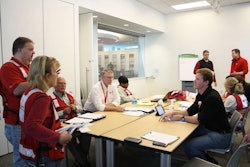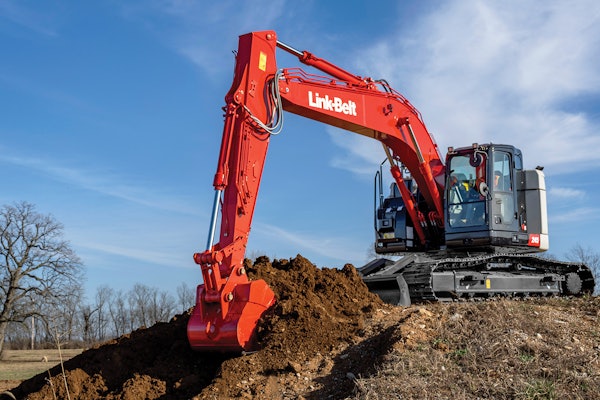
The recent drop in transportation infrastructure spending has some highway contractors moving to other fields such and energy exploration, according to a report from the Wall Street Journal.
The highway construction industry lost more than 2 million workers during the recession, reaching a low in January 2011. Since then, the industry has added 399,000 jobs, but construction employment is still 22 percent lower than it was before the recession.
The report shows that highway construction spending in the U.S. from January through August was down 3.3 percent to $50.32 billion, compared to the same period in 2012. In that same period in 2013, overall construction spending rose 5.9 percent.
The report notes that highway jobs are scarce, with many contractors often competing with eight or more bidders on small-scale projects.
The competition has driven down prices for projects, putting a strain on the transportation industry. According to the WSJ report, bidding prices fell for the third consecutive quarter in the first quarter of 2013 and were down 1.3 percent year over year.
The lack of funding and jobs is forcing many contractors out of work. Some small companies are moving to industries such as copper mining and oil exploration.
While states have been moving transportation money to programs such as education and health care, federal lawmakers are working to find a bipartisan solution to federal funding, which is set to expire in September 2014. The gas tax has been the main source of highway funding, but revenues fell during the recession, when many Americans began driving less. Now lawmakers are searching for a more viable solution.
President Barack Obama noted in his speech at the Port of New Orleans in early November that “rebuilding our transportation and communications networks is one of the fastest ways to create good jobs,” though he added that one in every nine bridges in the nation is considered structurally deficient and more than 40 percent of U.S. highways are congested.
According to data from Better Roads’ 2013 Bridge Inventory, released earlier this month, 9.9 percent (or 60,325) of the nation’s bridges are structurally deficient.
Despite the grim figures, lawmakers are hopeful that an increase in transportation infrastructure spending could win votes in the House and Senate, according to the WSJ report.
An increase in transportation spending seems likely to win the support of voters too, since U.S. voters approved 91 percent of ballot measures to increase or extend transportation funding and elected two transportation advocates for governor in the November 5 elections.












